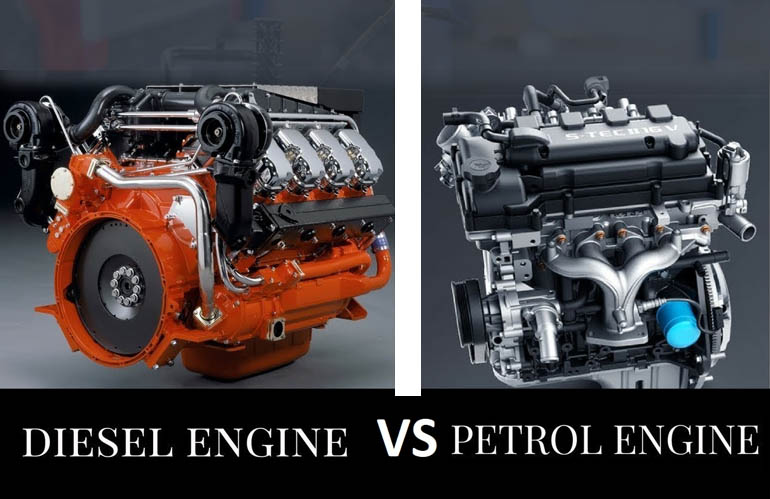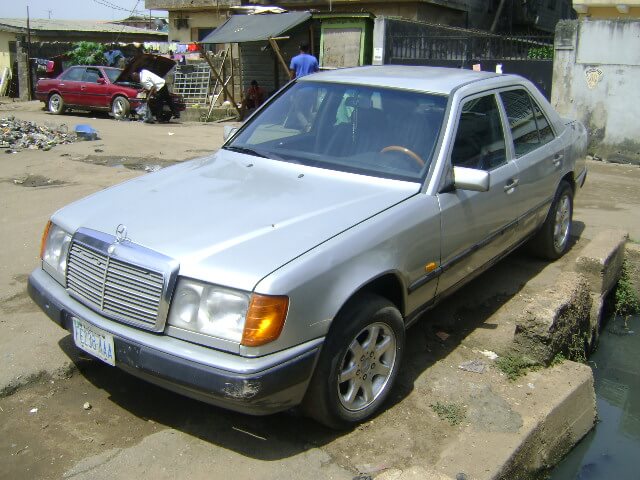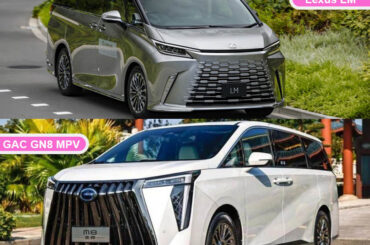Diesel-powered vehicles are at risk. Many automakers around the world are closing their facilities to diesel engines due to environmental and exhaust pollution standards. Among the automakers who do it are Suzuki, Volkswagen, Nissan, and Renault. Despite this, some businesses continue to produce automobiles using diesel engines. among others, Hyundai, Toyota, and Honda. Despite sufficient demand, these businesses might or might not stop producing diesel. However, diesel vehicles are not all that horrible.
Table of Contents
Many believe they cause more harm than petrol to the environment, but this way of thinking is wrong and it is well known that petrol has high carbon oxidation than what is gotten from diesel, most people don’t buy diesel cars because they are expensive. Which we will have to admit is true, but have you ever gone to find out how long-lasting diesel engines are or how they never really break down? We’ll look at the reasons why diesel-powered vehicles are still necessary and much better than petrol ones.
Diesel engines have higher fuel efficiency
Mileage comes first and foremost. Well, this is one of the main reasons people choose diesel vehicles. Diesel-powered vehicles always have higher gas mileage than their petrol-powered equivalents, whether driving on the highway or in the city. One of the few sedans in Nigeria with a diesel engine is the Hyundai. In addition, these cars are available with not just one but two gasoline engines. So, their efficiency in them would be top-notch.
The efficiencies of diesel engines are higher
Being more effective and returning more mileage do, however, depend on one another. Efficiency is the quantity of energy produced during combustion, whereas mileage is the number of kilometres travelled in a given amount of time. Here, chemical energy has been changed into mechanical energy. As a compression ignition engine, diesel may therefore produce more energy from the same fuel than gasoline.
The torque of diesel engines is higher
Diesel engines offer significantly higher torque than their petrol counterparts due to the way they are built. Diesel engines can easily pull more forcefully up slopes than gasoline engines. Consequently, this is the fuel of choice for large commercial trucks. What does this mean, though, for cars? This implies that under rapid acceleration, passenger automobiles have that abrupt rush of torque that keeps us firmly strapped in (In some diesel cars). This is what makes driving a diesel-powered vehicle excessively pleasurable.
When compared to their gasoline-powered equivalents, diesel automobiles cost about the same to maintain
The cost of maintenance is influenced by the manufacturer and model of the vehicle. Diesel engine maintenance is frequently more expensive than petrol engine maintenance. However, the difference is not really that big. The average cost of maintenance for both vehicles is also comparable. The cost of essential spare parts varies. This covers the parts of the engine and transmission. Compared to petrol engines, these parts are a bit more expensive. In spite of the fact that this is inevitable, diesel engines have a backup plan.
Diesel vehicles are long-lasting
The diesel cycle, as opposed to the otto cycle, is used by diesel engines. This indicates that the fuel burns because of the temperature increase brought on by compression. These engines are also known as compression ignition engines for this reason. Because the engines use compression ignition, there are greater forces, vibrations, and tensions all around because of this.
Because of this, diesel engines are well-made and long-lasting. These cars will survive a long time if they are adequately maintained.
What is Petrol Engine?
Petrol engines are spark-ignition natural combustion engines. They run on gas, which is a volatile fuel. Air and fuel are typically combined after compression in these engines.
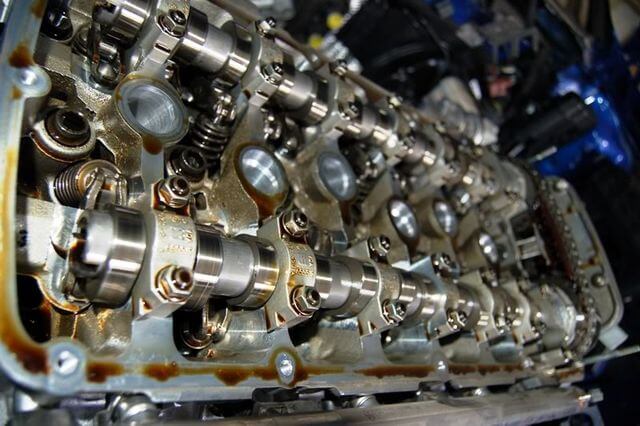
The Otto cycle, which consists of two isochoric and two isentropic cycles, is used in petrol engines. Air and gas are normally combined in a carburettor before being added to the cylinder in petrol engines. An electric spark ignites the fuel after the air and gas have been compressed.
What is Diesel Engine?
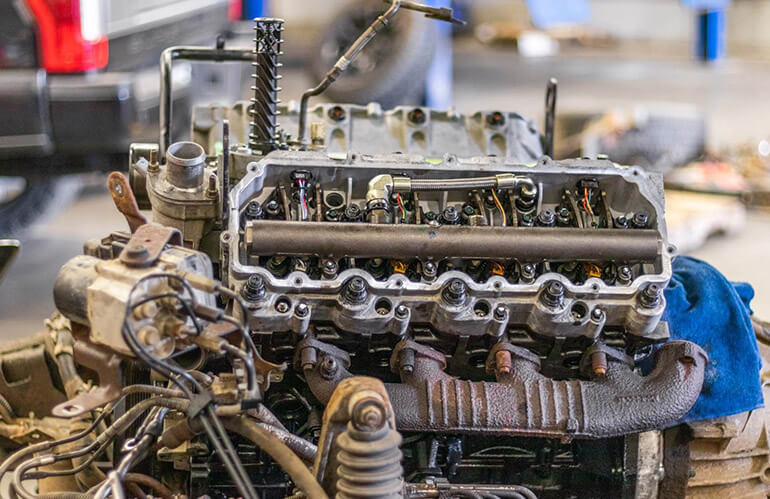
A diesel engine is a kind of internal combustion engine known as a compression ignition engine. The high temperature of the air in the cylinder is due to adiabatic compression, and the fuel is pumped into a combustion furnace and then ignited by the high temperature of the air in the chamber.
The air is compressed by these engines. As diesel fuel is pumped into the combustion chamber, it spontaneously ignites. These engines use the diesel cycle, which consists of two isentropic cycles, a constant pressure process, and a constant volume process.
What is the Difference between Diesel Engine and Petrol Engine?
The difference between a diesel engine and a petrol engine is, first, at the ignition point. In the case of a petrol engine, the mixed mixture of gas and air is ignited by a spark plug for combustion. In a diesel engine, however, ignition is caused by the heat of the compressed air, which then ignites the mixture of diesel fuel. Therefore, in diesel engines, spark plugs only require glow plugs to heat the combustion chamber. Moreover, a petrol engine uses the Otto cycle, while a diesel engine uses the diesel cycle.
Another fact to say about the difference between diesel engines and petrol engine is in terms of power output. Because of the spark plug and higher volatile gasoline, petrol engines have a lower compression ratio than diesel engines. Diesel engines, on the other hand, have a higher compression ratio, which results in more torque. Most of the reasons it is used in heavy cars are because of this. Besides, high compression ratios are advantageous because they increase thermal efficiency, that is, the air-fuel combination can be used for more energy. This also helps to understand why diesel engines are much more powerful than petrol engines. Hence, diesel engines have the highest thermal efficiency.
Considering that whether a diesel engine lasts longer or a petrol engine, we need to say that petrol is a detergent that removes oil from the engine’s parts, causing them to wear out faster. Diesel engines are, on the other hand, more durable. Diesel is a light oil that lubricates engine components when burning and is used as fuel by a car. The engine’s life is extended as a result of this.
Conclusion
Diesel engines aren’t so popular in Nigeria compared to petrol engines. One reason is that the price of diesel is much more expensive than fuel so many people don’t want to buy them. But, they are more advantageous than petrol cars and are more long-lasting. Don’t believe it, ask truck drivers, and they will attest to these facts.
Frequently Asked Questions
How Does A Diesel Engine Work?
A: Diesel engines use internal combustion just like gas engines, however, they have a compression-ignited injection system vs. the spark-ignited system used by gas engines. In a diesel engine, fuel is injected into the combustion chamber and is ignited by hot compressed air.
How Long Do Diesel Engines Last?
A well-maintained diesel engine can run for as many as 1,500,000 miles before needing serious work. This is in comparison to gas engines that usually need major work after 200,000 to 300,000 miles, despite regular maintenance. The reason for longevity and durability of diesel engines is due to the design, the type of fuel, and the application. Diesel engines are gear-driven, which means they can be easily fixed and not lose timing.
Have 1 million naira and above to Buy or Sell Cars In Nigeria? Check carlots.ng
All rights reserved. Reproduction, publication, broadcasting, rewriting, or redistribution of this material and other digital content on carmart.ng is strictly prohibited without prior express written permission from Carmart Nigeria - Contact: [email protected]

